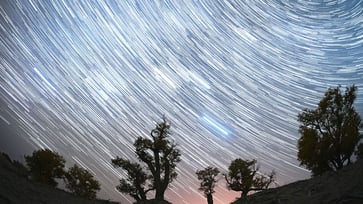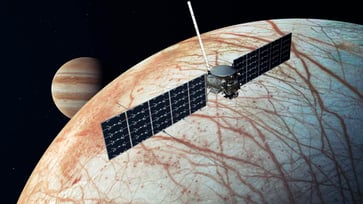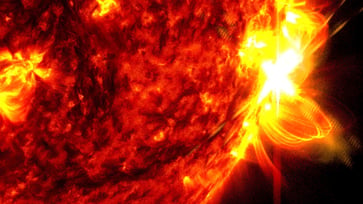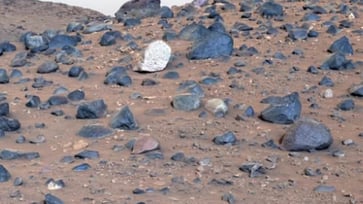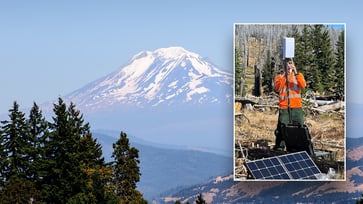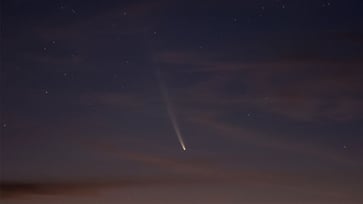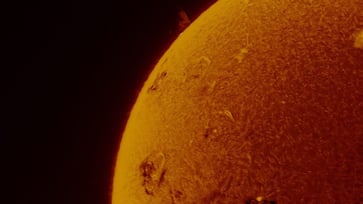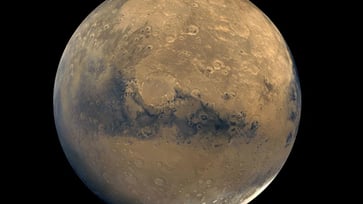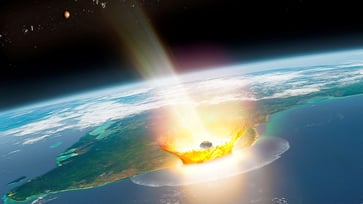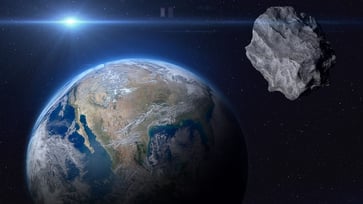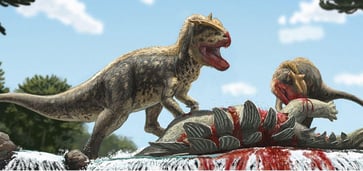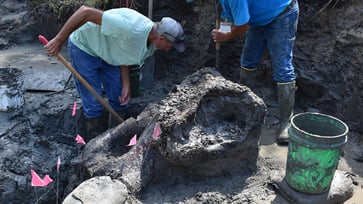Scientists warn of the possibility of the worst coral bleaching event in history due to rising ocean temperatures.
Significant coral reef losses have been experienced by nearly all reefs in the Atlantic, off the Florida coast, and in the Caribbean.
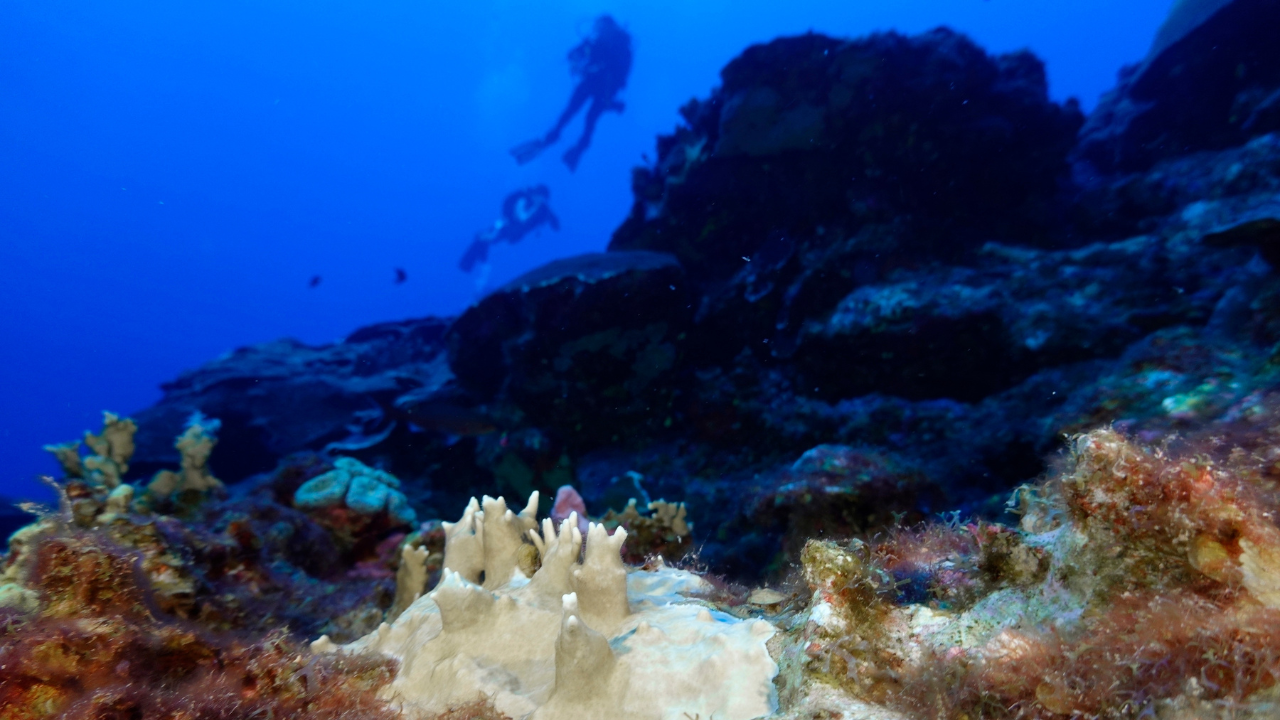
- The unprecedented rise in ocean temperatures, particularly in the Atlantic, has intensified the ongoing global coral bleaching event.
- The ongoing bleaching event has severely impacted approximately 62.9% of the world's coral reefs, which is close to the record of 65.7% in 2017.
- Significant losses of coral reefs have been experienced by nearly all those in the Atlantic, off the Florida coast, and in the Caribbean.
The unprecedented heat of ocean temperatures, particularly in the Atlantic, is threatening to make the current global coral bleaching event the most severe in history. Scientists are hoping for a few hurricanes to alleviate the situation.
Nearly 63% of the world's coral reefs are currently experiencing a severe bleaching event, which is close to the record set in 2017 when about one-seventh of the world's coral died, according to Derek Manzello, coordinator of the National Oceanic and Atmospheric Administration Coral Reef Watch Program.
Coral, being living creatures, can bleach and die when water becomes excessively hot.
The Atlantic, off the Florida coast and in the Caribbean, has experienced "very very severe" losses in staghorn and elkhorn species, with 99.7% of coral reefs affected. Sixty-two countries have reported damaged coral, including Thailand, which has closed off a tourist-laden island in an attempt to save the coral there.

According to meteorologists, a La Nina event, which is a natural cooling of parts of the Pacific that affects the global climate, is predicted to occur soon. However, Manzello believes that it may not be enough to significantly cool the oceans.
Manzello expressed concern about the world's coral reefs, stating that the current situation is unexpected and extreme.
Climate change is the primary cause of ocean warming, according to Manzello. However, there are also additional factors contributing to this phenomenon, such as changes in El Nino and La Nina, natural warming of ocean waters, reduced sulfur pollution from ships, and an undersea volcano eruption.
In a new analysis and statement on Thursday, James Hansen, the former top NASA climate scientist, stated that "it is difficult to deny the acceleration of global warming."
Coral reefs are affected by ocean temperatures, with hurricanes bringing cool water from deep and benefiting them if they don't hit them directly, according to Manzello.
""Although hurricanes can be devastating for reefs, they are now considered a good thing in the grand scheme of things, given the current situation on Earth," Manzello."
According to hurricane researchers Brian McNoldy and Phil Klotzbach, the ocean heat content in parts of the Atlantic where hurricanes frequently form was equivalent to mid-August on Wednesday.
Global seas have set a new record for the hottest April in 13 consecutive months, with more records likely to be broken due to the slow cooling or warming of the oceans, according to NOAA's climate monitoring chief, Karin Gleason.
Coral reefs are vital to both seafood production and global tourism. According to scientific research, the loss of coral is one of the significant indicators of future warming, as the world approaches the 2.7 degrees Fahrenheit increase in temperature since pre-industrial times. This temperature increase is the limit that countries agreed to strive for in the 2015 Paris climate agreement.
"Andrew Pershing, Climate Central's vice president for science and a biological oceanographer, stated that this ecosystem is one of the most biodiverse on the planet. He added, "It's an ecosystem that we'll witness vanish during our lifetime.""
science
You might also like
- Lunar modules from the first two moon landings have been captured in stunning detail by Orbiter photos, more than 50 years after the historic missions.
- Discovery of a remarkable mastodon jaw in a New York homeowner's backyard
- NASA resumes communication with Interstellar Voyager 1 after pause.
- In 2055, the asteroid that was once referred to as Earth's "mini moon" will make a return visit.
- A new species of sea slug that resides in the ocean's 'midnight zone' has been discovered with a glowing appearance.

